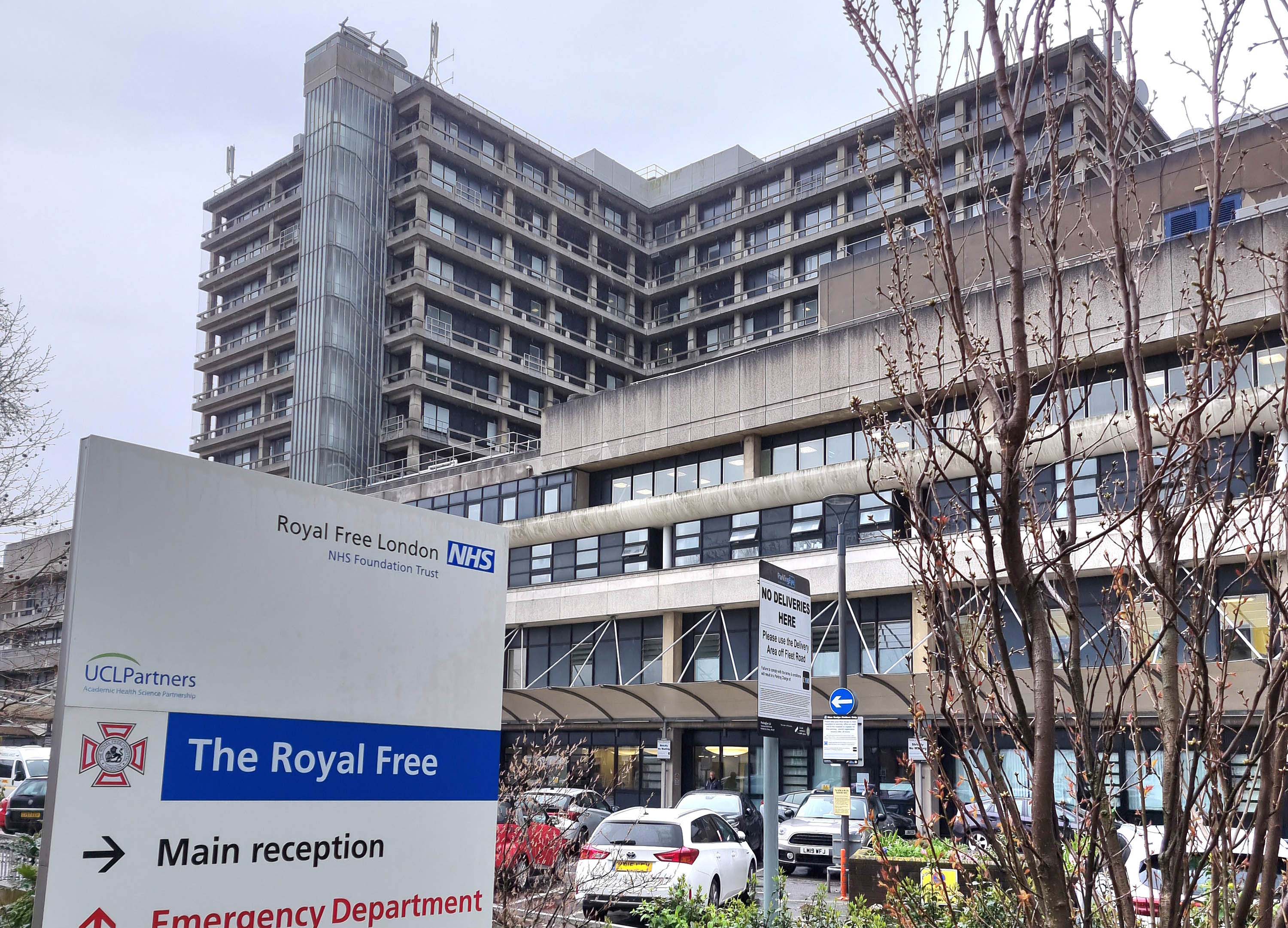The costs of private care
Thursday, 14th March 2024

The Royal Free Hospital
• ONE of the facts of political life is people have very short memories.
This is particularly true in respect of hospital beds in the NHS.
Nationally the number of beds has been reduced from 333,000 to 140,000 in the past 30 years. Some of those beds have just gone and some have turned into private beds.
Take the Royal Free Hospital for example. Always keen to “cover their costs”, the trust has turned the top floor into a private ward.
Not content with this, the trust has also built a research facility where the top floor is also a private facility.
UCLH also has a private ward with “amazing views”.
Good housekeeping you may say but it does mean there are fewer NHS beds around with the subsequent lengthening of waiting times.
I suppose this might be thought of as a way of improving cash flow but surely it does not help the standard NHS patient who may, on the plus side, be offered private procedures with the NHS paying private rates.
Another problem may be that “bed-blockers” will reduce bed capacity even further.
Here, the older community, who have had procedures, may be ready to leave hospital but they cannot because there is no money to pay for social care at home or to go to care homes.
The local authorities have insufficient money because government has not provided the necessary funds.
Over all of this, in the hospitals within Camden, we have the private sector taking more and more as a percentage of the NHS budget.
They get their revenue from insurance cases and from referrals by the NHS. This has been going on for years.
A key issue is that clinical staff have not had pay rises which keep up with inflation for more than 10 years. As a result staff either leave the profession or transfer to the private sector.
As a final thought, the numbers of Spanish nurses has decreased from around 4,500 to a little over 3,000. We lose well qualified bilingual staff who have been an asset to the service.
On the top of this circle of providers you might imagine a very juicy crystallised cherry. This could represent all the donations made to the Conservative party in grateful thanks for the new opportunities these policies have given the private sector to reward company directors and shareholders!
Government statistics say that in 2020/21 the private contracts signed off about £12billion, or about 7 per cent of total health expenditure.
The London School of Economics puts this percentage at nearer 25 per cent, because government does not include local authority private contracts, think waste refusal, social services, and mental health contracts. Oh yes, Now I remember!
NAME AND ADDRESS SUPPLIED, NW1